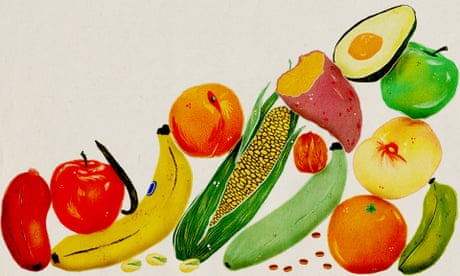Climate Change News: How a Warming Planet Threatens the World's Banana Supply
Climate change news headlines are increasingly sounding the alarm on how our warming planet is putting vital food sources at risk. One surprising victim of this environmental crisis is the humble banana—a fruit enjoyed by millions daily and essential to food security in many countries.

The Latest Climate Change News: Bananas in Peril
Bananas rank as the world’s fourth most important food crop, providing up to 27% of daily calories for over 400 million people. Recent climate change news reveals a troubling reality: bananas are under threat as much as other staple crops. According to The Guardian, new research warns that nearly two-thirds of banana-growing regions in Latin America and the Caribbean may become unsuitable for cultivation by 2080 if climate trends continue.
What's Putting Banana Production at Risk?
The main dangers to banana crops include rising temperatures, unpredictable rainfall, and an uptick in crop diseases. These changes, covered by The Independent, are devastating farms in countries like Guatemala, Costa Rica, and Colombia. Farmers report that their crops are “dying,” with families losing critical income as harvests decline.
Banana plants, especially the Cavendish variety common in supermarkets, are sensitive to small changes in climate. They thrive in a narrow temperature range (15–35C) and suffer when faced with too much or too little rain. New fungal diseases such as fusarium tropical race 4 are also spreading faster due to erratic weather, wiping out entire plantations.
Global Consequences and Calls to Action
The threat to bananas isn’t just a regional issue—it's global. About 80% of the world’s banana exports come from Latin America and the Caribbean. Disruption to this market could affect consumers and retailers worldwide, raising prices and impacting food access.
Experts and organizations are urging swift action. Campaigns stress reducing carbon emissions and offering financial support to farming communities on the front lines of climate stress. Fairtrade and other certifications may help support sustainable banana farming, ensuring growers get fair prices and resources to adapt to changing conditions (source).
How You Can Stay Informed and Help
Staying up to date with climate change news is vital for understanding what’s at stake. Supporting sustainable food choices and pushing for stronger climate policy can help protect essential crops. For deeper insights into how rising temperatures jeopardize bananas, read this concise overview from MSN.
Conclusion: Why Climate Change News Matters Now More Than Ever
The loss of bananas would impact millions who rely on them for daily nutrition and income. Climate change news continues to show that urgent action is necessary to preserve our food systems. By staying informed and advocating for environmental responsibility, everyone can play a part in protecting the world’s most popular fruit—and the future of global agriculture.